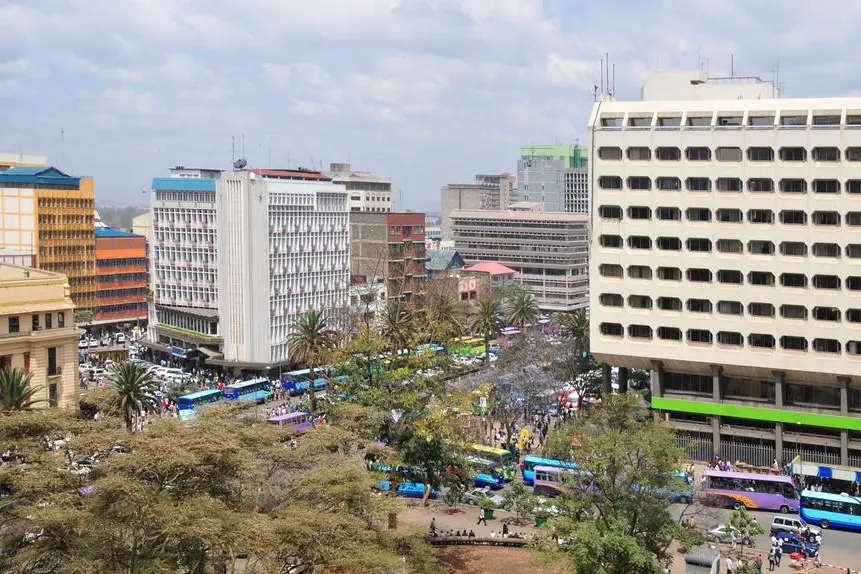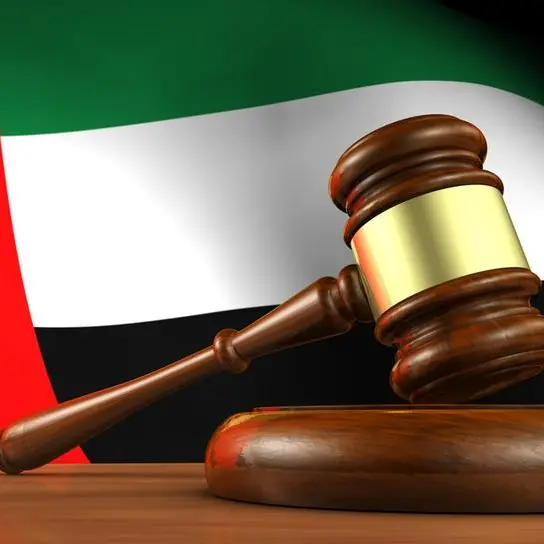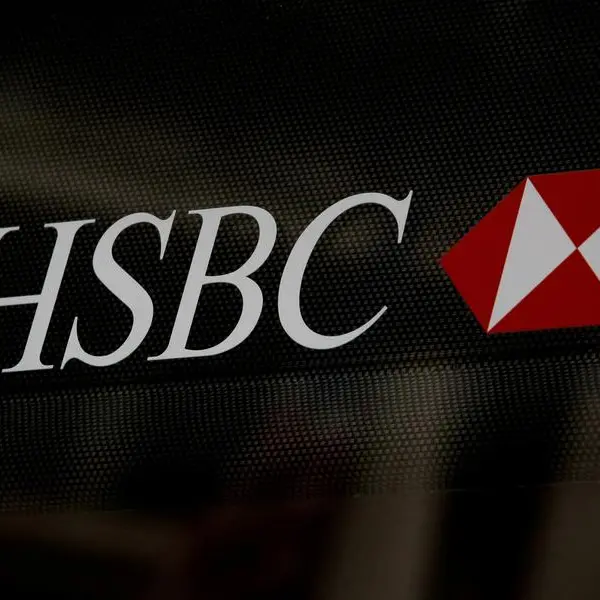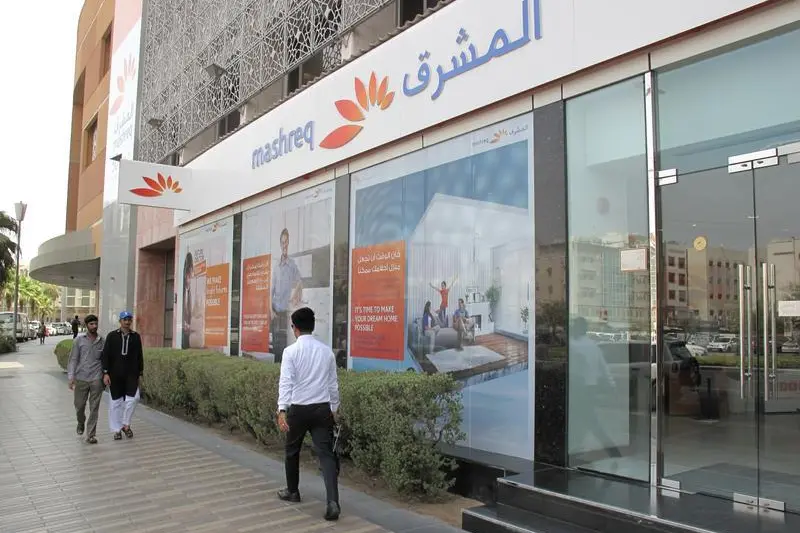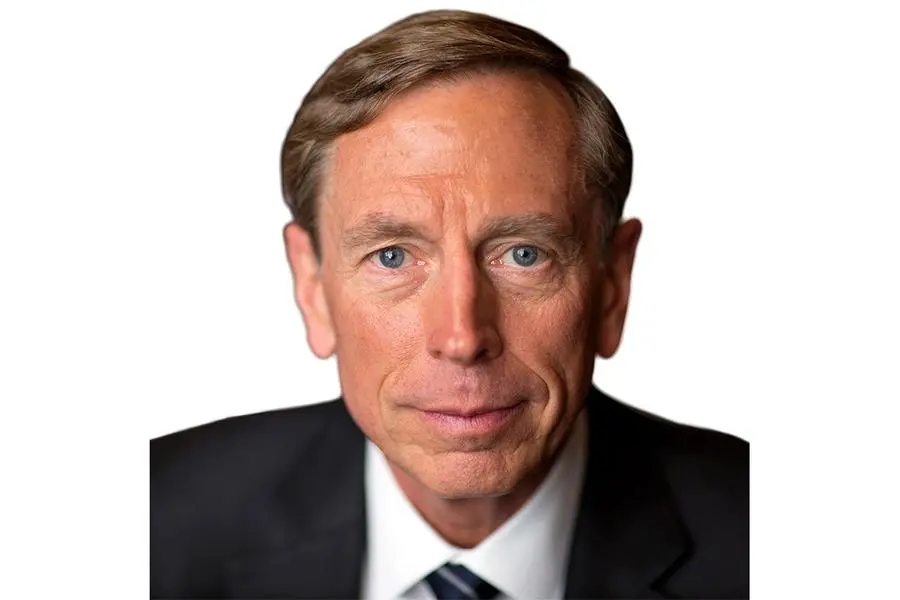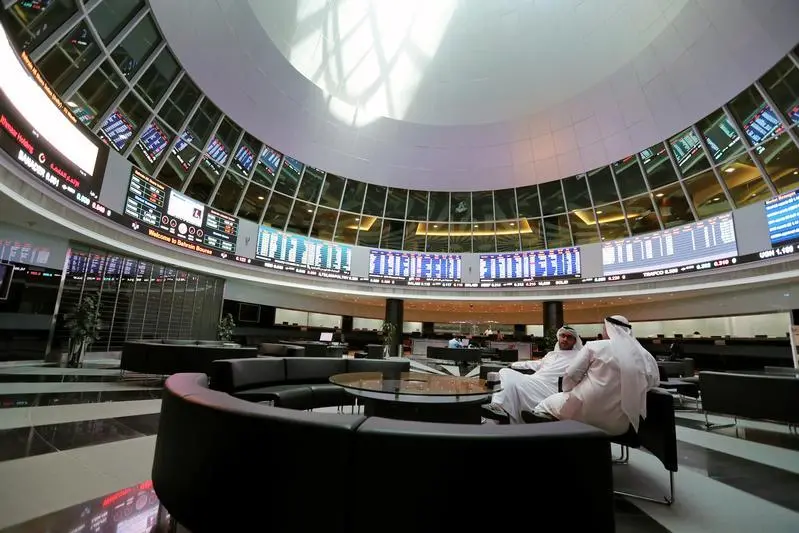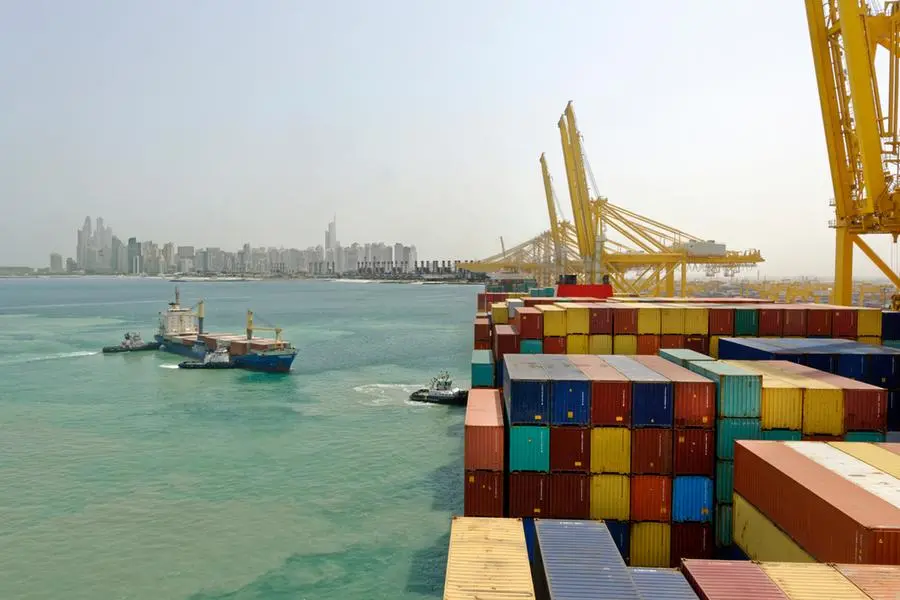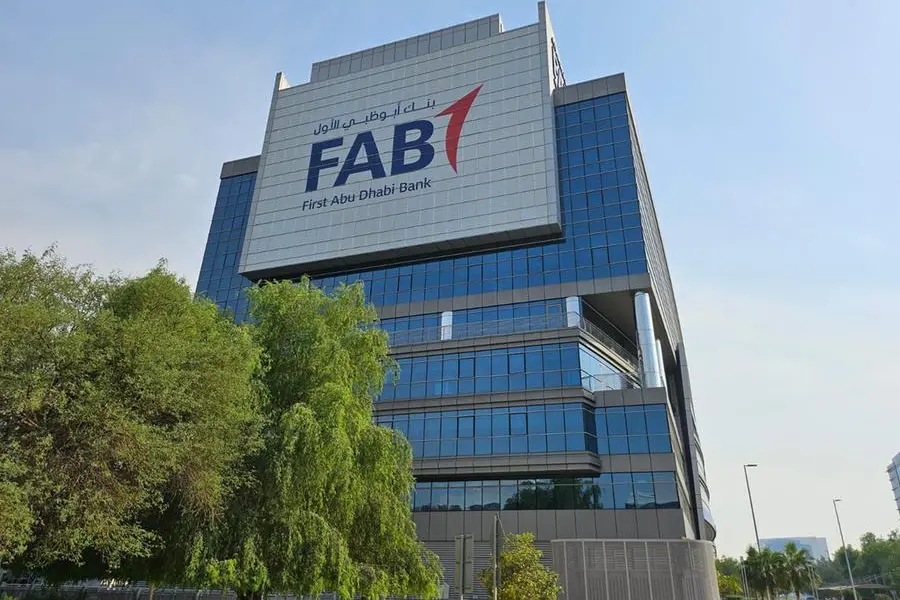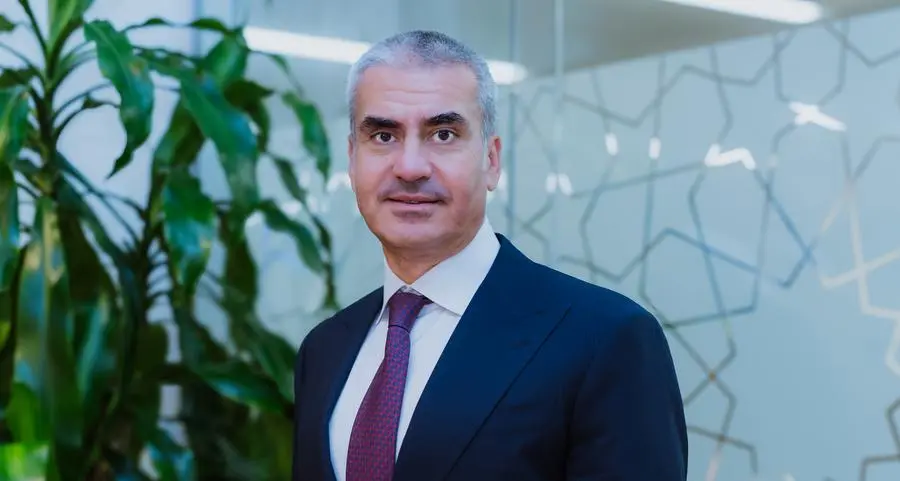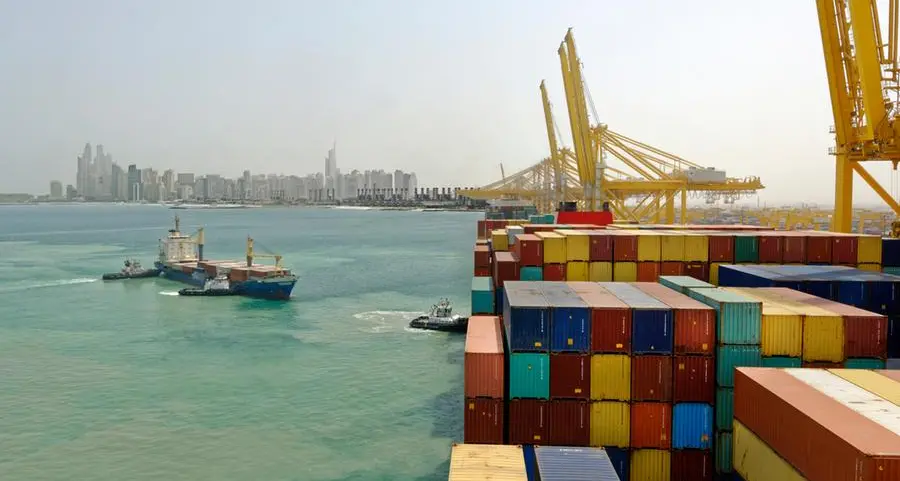PHOTO
Nairobi, Kenya: high point view of Nairobi city center - buses, far away people - Moi avenue at Hilton square with the Central Bank building on the right. Getty Images Image used for illustration.
Mwalimu Deposit taking National Sacco has received regulatory approval to write off Ksh8 billion ($62.01 million) of bungled investments in the collapsed Spire Bank. It is a sacrifice necessary to turn around its fortunes that have seen the Sacco facing total collapse.
Now regulators want it to also reorganise its insurance and asset management business into separate, independent units to prevent further financial bleeding.
The sacco owned by teachers is working to regain a solid financial footing after investing over Ksh13 billion ($100.77 million) of members savings into a troubled third tier lender that collapsed after a string of losses. The Central Bank of Kenya has now granted conditional approval for its eventual liquidation.
Mwalimu Sacco had been Kenya’s largest by assets (Ksh66.43 billion, $514.96 million). But it has now agreed on a six-year (2022-2027) capital deficiency restoration plan to gradually cancel and remove the Ksh8 billion ($62.01 million) failed investment from its books. It is a move aimed at preventing drastic depletion of reserves and ensuring the society continues to operate as normal.“In 2014, of course, we had some investments that did not go down well. Actually, it slowed down our growth projections we were looking at such as revenues, total assets among other parameters,” Kenneth Odhiambo, CEO of Mwalimu Sacco told The EastAfrican in an interview this week.“So, it slowed us down a little bit until 2022 when we offloaded the bank that we had bought, of course, which did not do well and now we picked up from there and changed our business model in terms of how were to operate.”After that, he says the sacco approached the Central Bank to discuss an arrangement on capital restoration.“We agreed that can we write off these losses over a period of time without interfering with the business. It would be almost Ksh8 billion ($62.01 million), and we agreed on a time frame of around six years.”The plan has been approved by the Sacco Societies Regulatory Authority (SASRA) in consultation with the Ministry of Co-operatives. It allows Mwalimu sacco management to write off the investments gradually.
So far, the sacco has written off Ksh2.49 billion ($19.3 million) in three years comprising Ksh700 million ($5.42 million) in 2022, Ksh846 million ($6.55 million) in 2023 and Ksh948 million ($7.34 million) in 2024, with plans scale up the monthly write offs to Ksh1.7 billion ($13.17 million) in 2026 and eventually clear the whole amount in 2027.
Mr Odhiambo says the sacco has changed its operating model to improve revenue and keep the business afloat. It is targeting to raise revenues from Ksh9.3 billion ($72.09 million) in 2024 to Ksh13.1 billion ($101.55 million) in 2025.
One way of achieving that, he said, is to recruit more members from among the teaching community, extending its presence to the grassroots, green financing and transactions incomes from the digital platforms.
The sacco has also procured the services of consultancy and audit firm Ernst&Young (E&Y) to restructure its insurance and asset management business by June this year to de-link its core (Sacco) business from the non-core business.
The Sacco runs two main subsidiaries —Mwalimu Risk Insurance Brokers and Mwalimu asset management.“One thing we have also done is that we will restructure our other subsidiaries, something that has gotten regulatory approval. We want to disengage them totally from the Sacco business so that they can operate separately and get their own funds to be able to operate.”Insurance brokerage and asset management,” said Odhiambo.“By June we shall be doing the transactions to restructure our group and ensure that the performances of those subsidiaries does not affect the main Sacco.”Mwalimu Sacco had acquired 100 percent shareholding in Spire bank (formerly Equatorial Commercial Bank) from the then late business tycoon Naushad Merali in a deal estimated at Ksh3 billion ($23.25 million) between 2015 and 2020Mwalimu Sacco first acquired 75 percent shareholding from Mr Merali at a price of Ksh2.4 billion ($18.6 million) 2015 and later acquired the remaining 25 percent in November 2020.
However, Spire Bank fell into a financial crisis soon after. The Sacco’s board would blame Merali for the poor performance of the Bank after he withdrew all of his deposits amounting to Ksh1.7 billion ($13.17 million) in 2016 immediately after selling his shares.
In September 2022, Equity bank announced it had entered into an agreement to acquire Ksh945 million ($7.32 million) worth of loans and another Ksh1.32 billion ($10.23 million worth of deposits from the struggling lender.
That deal would be concluded in February 2023 and Equity Bank acquired about 20,000 new depositors and 3,700 new loan customers from Spire bank.
Currently the lender is awaiting a liquidator’s hammer, though, in a move that would fold it up completely.“The bank is with CBK, and we have even done a declaration for it to be dissolved. It is no longer even having any impact on us actually.“That is why we are even waiting for the CBK to give us a nod so that we can get a liquidator to come and liquidate the assets as well. The beauty of it is that most of the depositors had gone and loans also have gone,” said Odhiambo.
© Copyright 2022 Nation Media Group. All Rights Reserved. Provided by SyndiGate Media Inc. (Syndigate.info).
